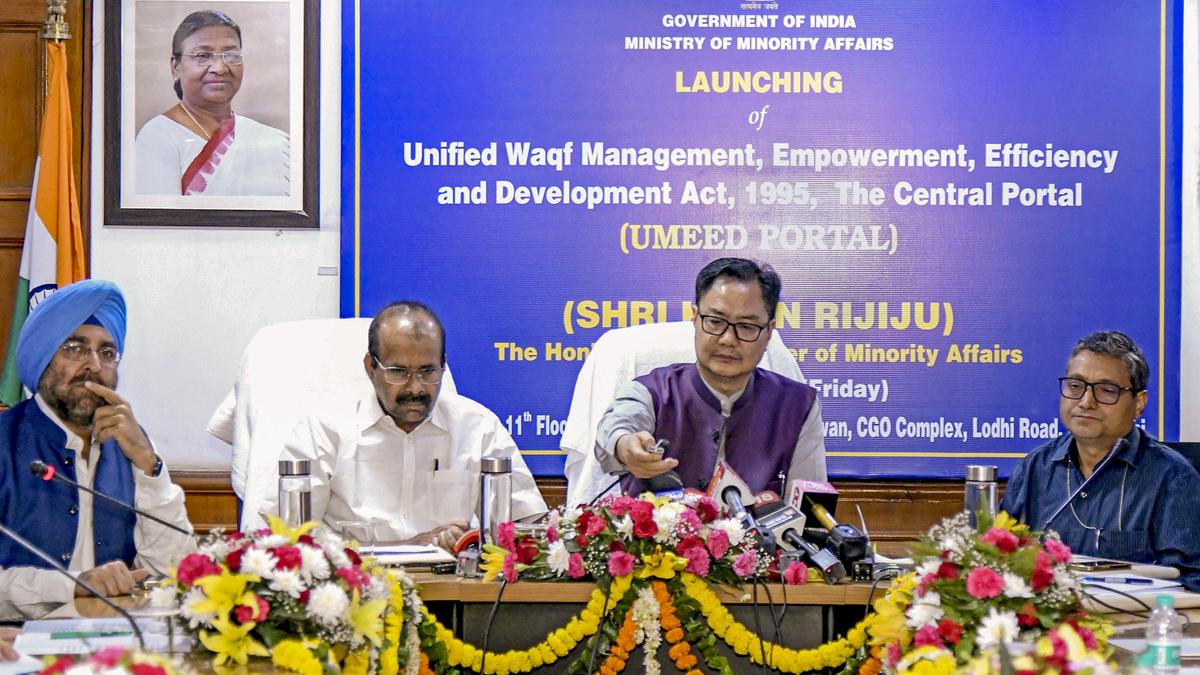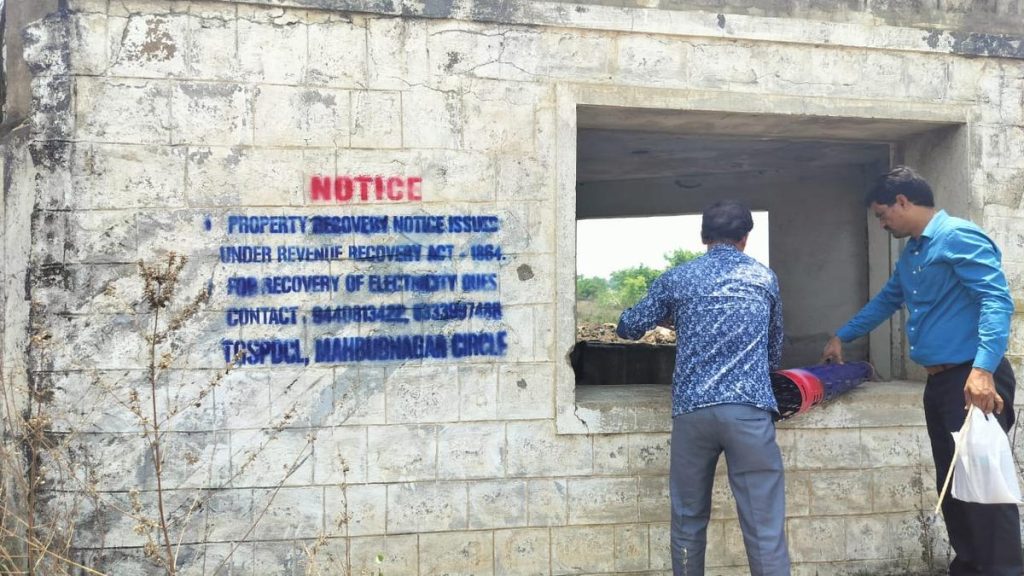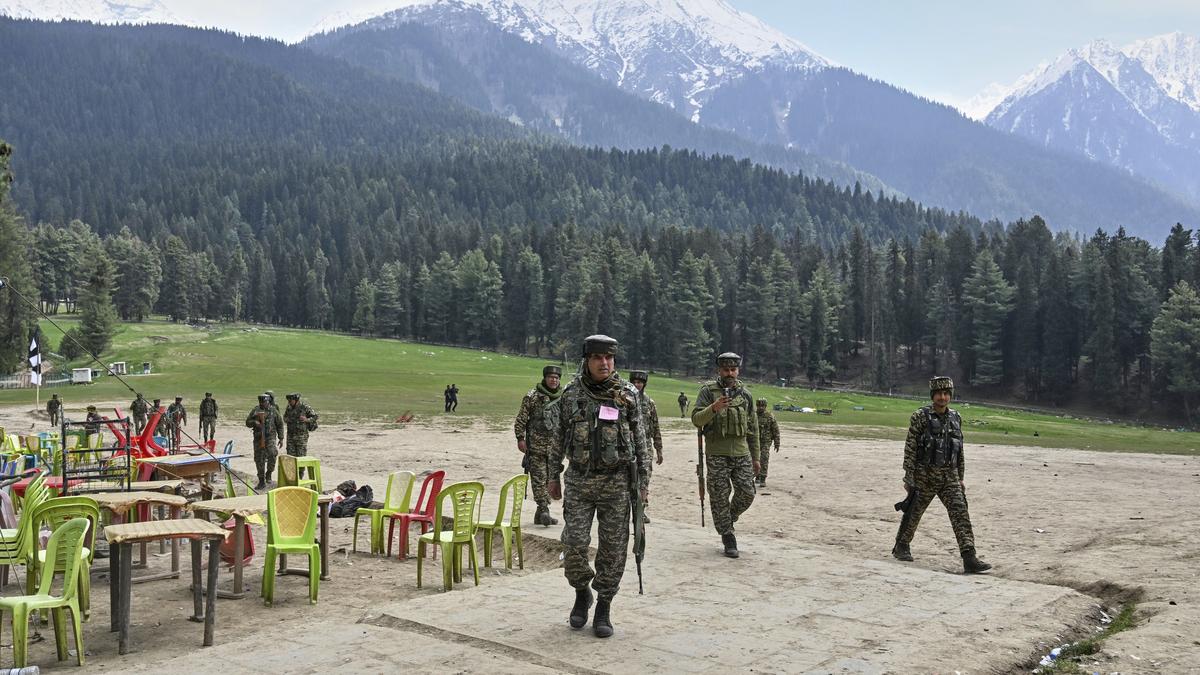Now Reading: Waqf Board Faces Uncertainty Over New Portal Implementation
-
01
Waqf Board Faces Uncertainty Over New Portal Implementation
Waqf Board Faces Uncertainty Over New Portal Implementation

Quick Summary
- Union minister kiren Rijiju launched the UMEED Portal (Unified Waqf Management, empowerment, efficiency & Growth Act, 1995) on June 6 to enhance clarity in waqf property management.
- The platform integrates e-governance tools and geo-tags waqf properties while requiring mutawallis (managers of waqf estates) to upload institutional and property-related data.
- Telangana has nearly 33,929 waqf institutions but only three registrations on the portal have occurred so far due to a lack of clarity from the State government.
- Telangana state Waqf Board (TGSWB) has sought instructions from the State government for uploading data; six months were initially allotted for full compliance.
- A Project Monitoring Unit involving a civil servant, district collectorate official, and State Waqf Board representative is expected to oversee documentation updates.
- Voices against implementation include member Syed Bandagi Badesha Quadri citing examples of Tamil Nadu’s Assembly urging withdrawal and West Bengal opposing application of the law.
- The All India Muslim Personal Law Board opposes registration until a Supreme Court verdict on constitutional issues surrounding waqf-by-user rights and inclusion criteria for board members.
Indian Opinion Analysis
The UMEED portal represents an enterprising attempt by the Union government to modernize management practices around India’s significant waqf properties using digital tools like geo-tagging and e-governance. However, gaps in clarity regarding its rollout at regional levels are apparent in states such as Telangana where confusion among mutawallis persists despite looming deadlines.
the hesitation among state governments like West Bengal or advocacy groups such as AIMPLB reflects broader concerns over legal and administrative changes brought about by reforms under this Act-especially when linked with sensitive religious community matters like non-muslim representation or property definition criteria. With nearly untouched registrations despite extensive preparations by TGSWB officials for accessing archival records through local agencies, prosperous adoption appears contingent on resolving these apprehensions via dialog between stakeholders.
From an efficiency perspective, bridging operational uncertainties will be crucial in ensuring that envisioned benefits-like empowering women or reforming encroachment tracking systems-materialize without alienating key parties involved in managing these community-driven assets.
Read more: Link























